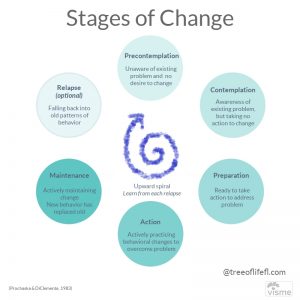Change
Change is such an interesting word, because it can mean so many different emotions. Saying that you are going to change your habits and start living a healthier life, that is a wonderful change. Saying that someone has changed and you don’t know them anymore, not so wonderful of a change. The problem with change […]




